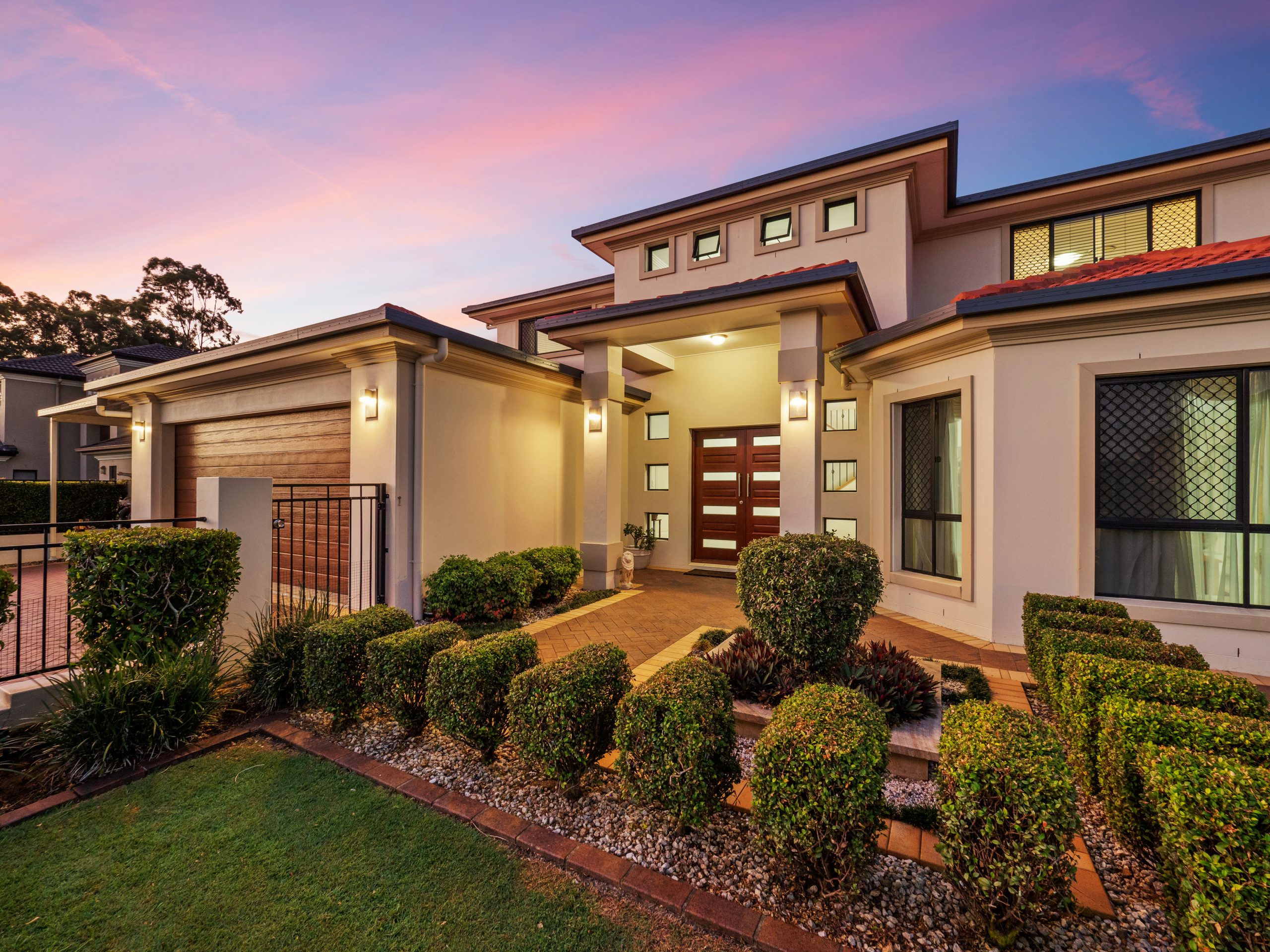Here are some of things you should factor in when evaluating your options of what and where to buy.
1. LOCATION
The location you choose to live in makes a great impact on the quality of your daily life. Ask yourself:
- What are the local property values like?
- Is this a safe neighbourhood to live in?
- What type of neighbours live in the area?
- How close are the nearest shops, restaurants, public transport, doctors etc.?
- Have you checked with the local council about any big developments planned for the area?
Even though a house looks like it’s on a ‘quiet street’, it doesn’t hurt to check out what kind of neighbours you might be letting yourself in for. Flood mapping and drainage systems should be other factors that you look at. A house on a slight slope and with a bit of elevation might be worth paying more for in some parts of town.
2. SITE
Beyond the location, consider the position of the home.
- If the home is on a hill, does it have a view?
- Do neighbours’ windows look directly into the home?
- Is the yard suitable for kids, pets, gardening, entertaining or other daily uses?
- Is access to the property safe regarding driveway elevation or stairs to the front door?
3. NEIGHBOURHOOD
Do your research on the neighbourhood. Drive around on weekdays and weekends, during the day and in the evening.
- Are the homes in the neighbourhood consistent in size and features?
- Do the neighbours keep the yards clean and tidy, or are there old cars and trash around?
- Is the neighbourhood safe enough for people to walk, run, or bike, and are there children playing in the yards?
4. HOUSE SIZE
You should have a general idea of what size house you want before you contact an agent. Figure out a minimum and maximum size and the number of bedrooms and bathrooms you’ll need. What size house you should buy will depend on your needs and your personal preferences. If you have a large family or plan on starting one soon, you’ll probably need to look at houses with more square footage as well as more bedrooms and bathrooms.
5. DESIGN
If the kitchen isn’t the heart of your home, don’t settle for a home with a kitchen that won’t work. You can always remodel, but it’s very costly. Will an inexpensive makeover be sufficient? Don’t worry about appliances, as they can usually be easily replaced. It is the main layout and space that you are looking at.
Decide how many bedrooms and bathrooms you need, and only look at homes that meet your criteria. An extra bedroom is always a plus, as it can be used for a home office, playroom, or guest room. If you think you’ll be adding more room later, be sure to consult a builder or an architect who can advise you on cost, space planning, lot usage, and council regulations.
6. IDEAL YARD
Another matter of personal preference is what kind of yard you’d like to have.
- Do you want large lawn space or beautiful, low-maintenance landscaping?
- Would you prefer to avoid the responsibility that comes with having a big grass area?
- Do you prefer a home with a quiet and private backyard?
If a backyard doesn’t currently have the features you want, is it suited to have those features added after you move in? When considering what sort of yard would be good for you, think about lot size, maintenance requirements, how much it’ll cost to maintain and what features you’d like in both the front and back.
6. HOUSE EXTERIOR
Don’t let your excitement about a perfect interior make you forget the importance of a sturdy exterior. Your main line of defence against buying a home with a deteriorating exterior will be your building inspection to make sure that it has a solid structure, foundation, and build. The last thing you want is to be buying a house with major structural issues where you could be up for huge repair bills. An inspector will look at the building’s structural integrity and check for rising damp, sagging walls, faulty roofing, water damage, etc.
While the above points are all important things to consider when buying a house, these are just the more common considerations – as with any property purchase, ensure that you do your homework and get independent advice before purchasing.
